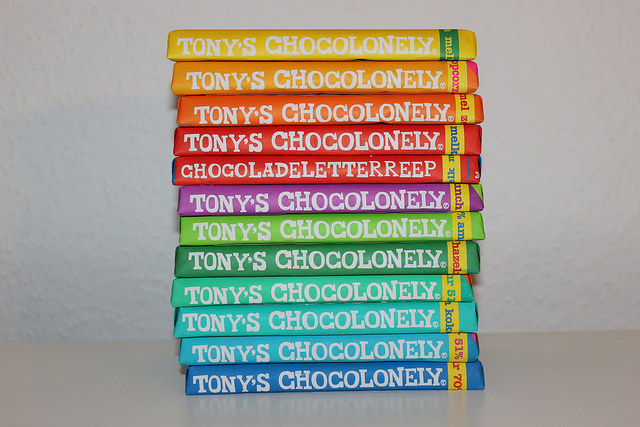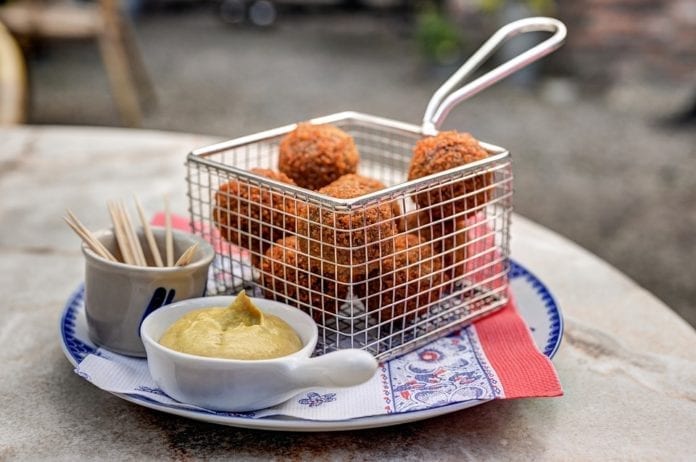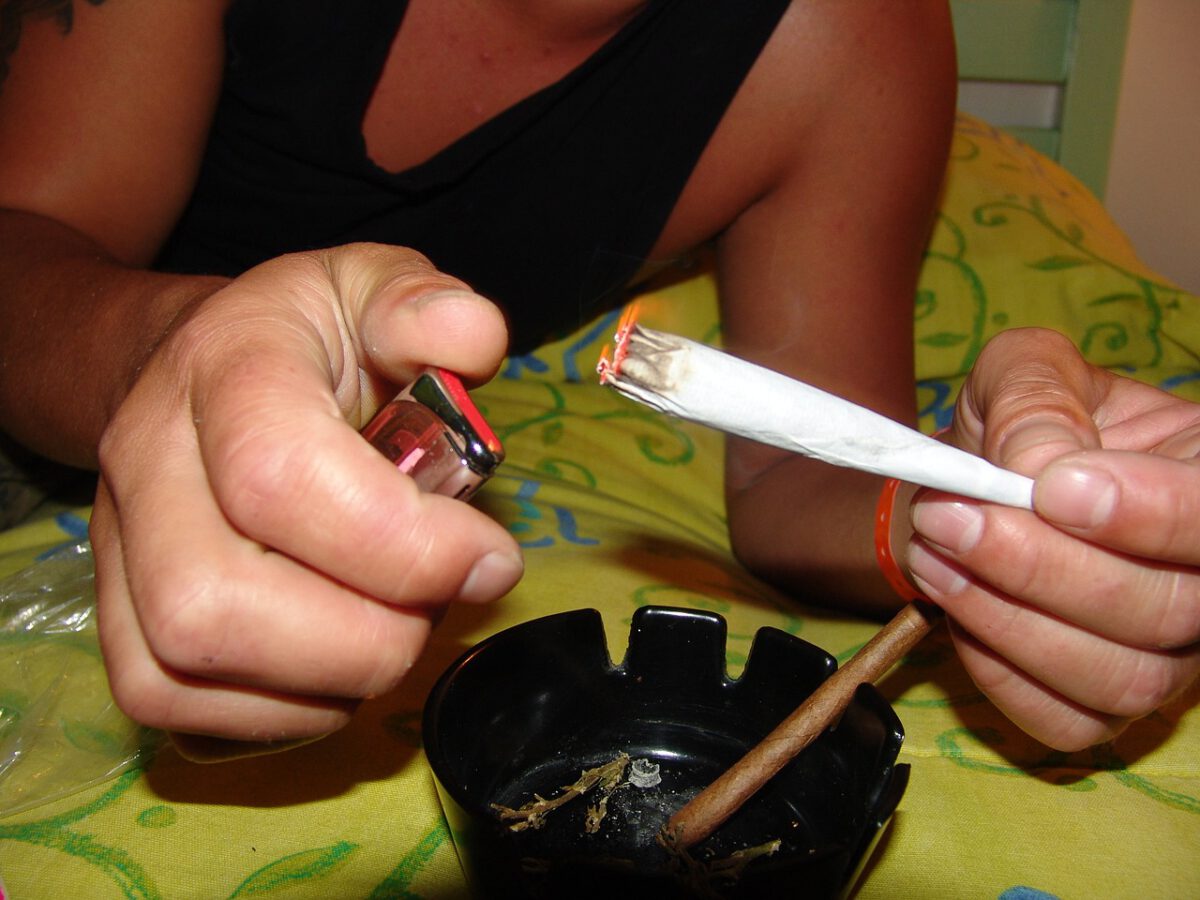The National Prevention Agreeement in the Netherlands is full of new regulations intended to set a vision for improving Dutch public health in the next three decades. Specifically, the agreement brought together more than 70 organizations to define specific regulations that would address three key themes: unhealthy alcohol use, smoking, and being overweight.

What is the National Prevention Agreement?
The three key areas of focus for the agreement have ambitious aims for improving the population’s health by 2040:
- Smoking: Striving for a smoke-free generation by 2040, including reduction of the percentage of smoking adults from 23% to 5% of the population.
- Overweight/Obesity: Reduce rates of overweight and obesity in the Dutch population, specifically reducing the percentage of overweight adults from almost 50% to 38% and obese adults from 14.5% to 7.1%.
- Alcohol use: Reduce excessive or unhealthy alcohol consumption, including stopping the consumption of alcohol by young people and pregnant women and reducing unhealthy drinking among 8.8% of the population to 5%.
Numerous regulations are outlined in support of achieving each of these three targets by 2040. But one regulation missing — called a missed opportunity by some health professionals — is a tax on consumables with excess added sugars, commonly called a sugar tax (suikertaks).
What is a sugar tax?
Sugar tax vs. Soda tax
The name might be misleading because soda tax is a popularized concept in other countries, like the United States, the United Kingdom, and Australia. For example, California was the first U.S. to implement a soda tax in 2014. Such a tax levies extra taxes on beverages like energy drinks, soda (or pop or cola), and fruit juices with added sugars. These have been considered the biggest culprits of added sugars consumed by children and adults. The suikertaks in the Netherlands actually could have included not only the soda tax, but also Dutch treats like snoepjes, chocolade, and — although they don’t say it but I will — stroopwafels.

Like_the_Grand_Canyon
Why does this matter?
For any of these, the idea is to reduce consumption of unhealthy sugary foods and drinks. The simplified idea is that sugary items, when taxed, can become less desirable dietary choices than healthier options like fruits, ‘light’ versions of drinks, and water. Then, by reducing excessive sugar in the diet, the idea is to add to the multiple approaches to reduce health problems like overweight, obesity, or diabetes.
What will change in the future?
In short, the National Prevention Agreement is ambitious but needed. Some may balk as government regulation and interference in personal decisions about health and wellness, but these are very real public health issues that can have a significant effect on individuals’ health and their quality of life.
Here are some of the specific policies we can expect to see rolled out in the coming years:
- Increased tax on cigarettes from 2020
- Cigarette sales in supermarkets no longer available from 2020
- Smoking banned at petting zoos and daycares from 2020
- Basic Dutch health insurance includes help to quit smoking from 2020
- Smoking banned at playgrounds, sport clubs, and healthcare institutions from 2025
- Increased healthier food options available at sport clubs and schools from 2020
- Increased healthier food options available at hospitals from 2025
- Increased public campaigns about Schijf van Vijf in public places like cafes and supermarkets (the Dutch equivalent of the U.S. Food Pyramid)
- Reduced sugar in manufactured drinks and foods by food manufacturing companies
- Basic Dutch health insurance includes lifestyle interventions from 2019
- Schools and universities implement efforts to reduce drinking in young people and students
- More training of perinatal healthcare professionals about alcohol use in pregnant women
- More training of employees and volunteers who work in sporting places selling alcohol to recognize and enforce age limits for selling alcohol
What are your thoughts? Let us know in the comments!


Many countries in Europe exceel in their traditional food and food markets. Dutch have made great progress in many sectors. Why don’t you consider innovating in your traditions of food. In particular, you could start building a new history of traditional dutch food based in healthy and nutritious ingradients. In addition, you could go further with this innovation with the option of advertisements. We are living in the era of technological development, everything is easier with technologic. So why not to use it wisely to our own profit?